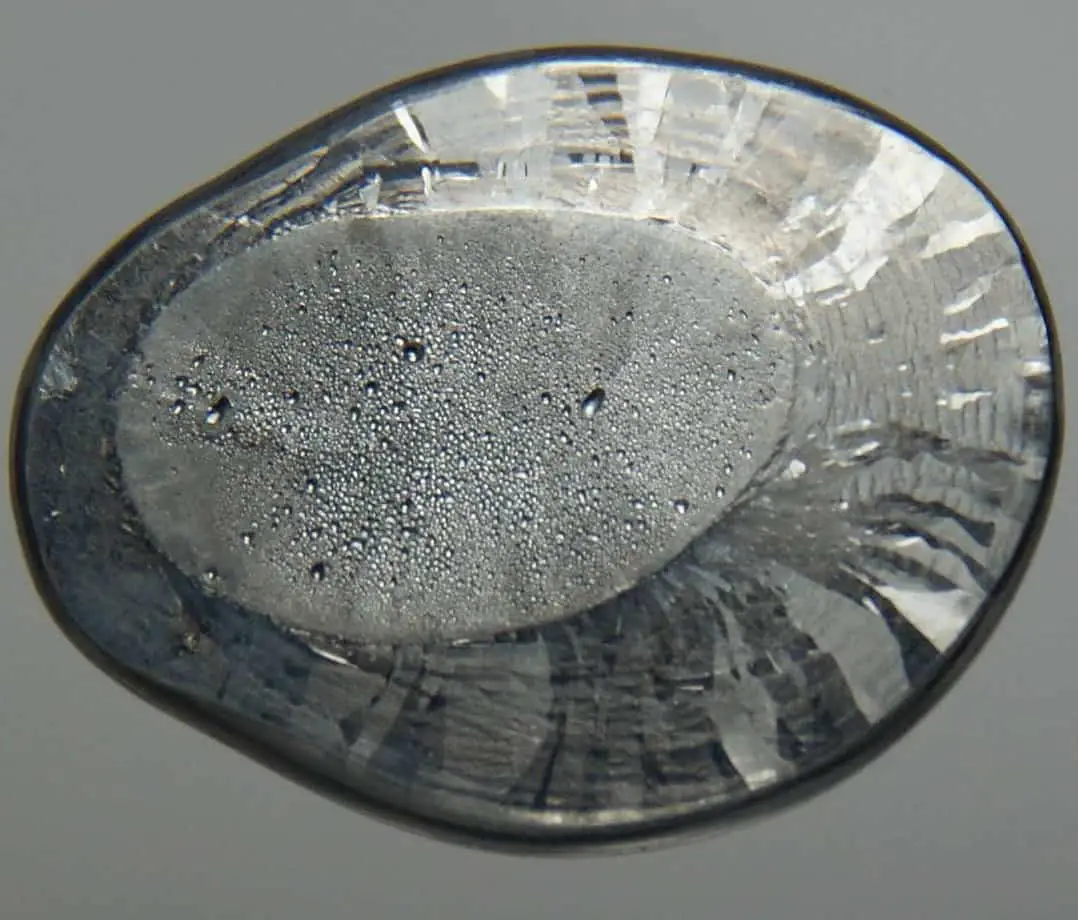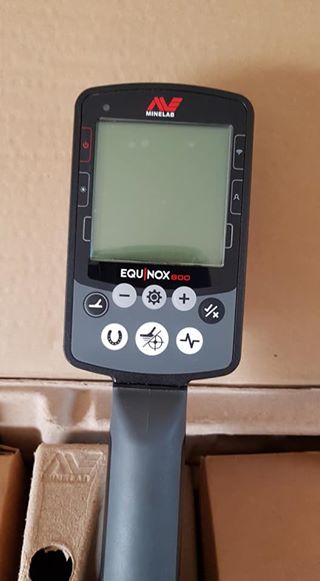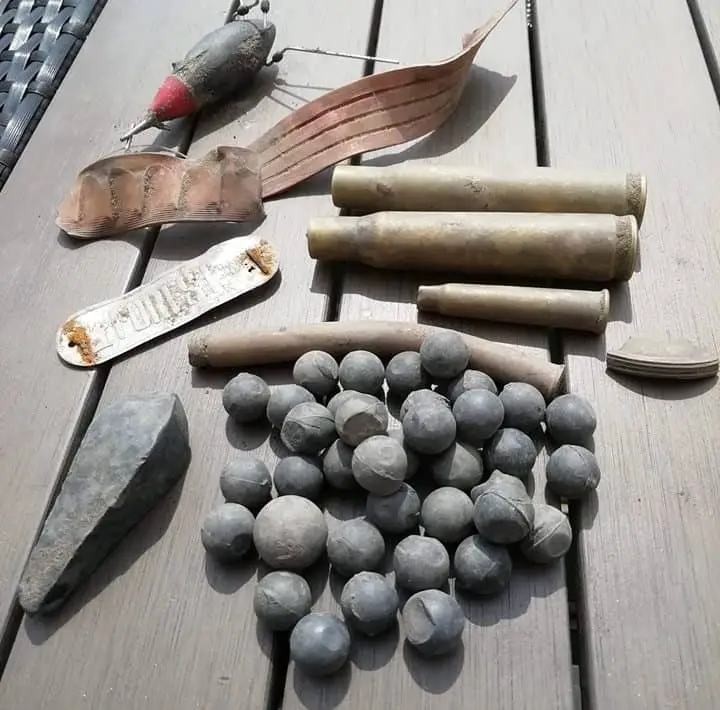
When I first was interested about Metal Detecting, I’ve questioned the possibilities to detect all sorts of metals including Lead. That’s why I’ve decided to put together this short post to address that suject in a simple way.
Lead is an element used a lot in several industries! It doesn’t have a strong metallic character which results in a pretty low electrical conductivity. Yet It has a noticeable thermal conductivity around 35.3 W/(m-K).
So, can metal detectors find lead? If this question was asked in 80s or 90s, I would say probably not due to its very low electrical conductivity! However, there days modern metal detectors have the ability to detect metals with very low metallic character and conductivity including lead.
It is interesting to learn more about the machines that have the ability to detect this metal better than others. Also, what approach you should opt for to find it.
Also, I include in this post some valuable lead targets you could find. Plus some reasons why most people actively and consistently try to detect it.
Few Things to Know about Detecting Lead
As I’ve said before, in the early days of this hobby lead wasn’t really an easy target, especially if it is pretty deep underground. Its conductivity is even lower than stainless steel.
It is a non-magnetic and non-ferrous metal along with silver, gold and aluminum. And they can all give off the highest tones on modern detectors. Where steel and iron give off a broken up reading or low tones.
Can Metal Detectors Detect Through Lead?
This is a different question that I wanted to include in this post because I’ve noticed that some people simply ask it. Indeed there are many variables…. size of the lead element, its thickness …size of the metal object below the lead! This is something that needs to be tested because not every metal detector can provide the same result!
Better yet, the settings may represent a huge factor that’s why you need to test that out with different settings!
However, in most cases it is possible to do so! Just take into consideration that due to the fact that lead could generate pretty high tones. This could hide the inside metal if it generates significantly lower tones.
In this case, you need to have a deep understanding of what each tone actually means. Also you should work on discriminating lead tones as much as possible. This depends on whether your machine allows that or not!
What Metal Detector to use to Find Lead?

For this, it just depends on the size! If the target is big enough, then a regular detector like the Garrett Ace 250 (Check it Here at Amazon!) could do the job properly…
… However, if the target is too small, then you will need machines that are more sensitive to smaller targets!
For that you should use detectors that can operate on higher frequencies like the Minelab Equinox 800 (Check it Right Here at Amazon!). You can also consider using Minelab detectors that can operate on high frequencies as well. In addition to their ability to generate signals even for the smaller targets.
Places Where You Can Find Lead

Being aware of some places when you can find this element is important to save some time! Indeed, there are some locations that you may want to visit:
Civil war sites: These kinds of places are rich as far as lead bullets are concerned. Thousands and thousands of shots were fired, so there will still be lead bullets in there that have an historical value. For more details you can check this post on detecting bullets metal detecting.
Around those who practice fishing: This is an obscure way to collect more and more lead targets! Indeed, fishers use fishing sinkers and jigs to capture fish … Guess what! These 2 tools in most cases are made out of lead.
Hunting sites: This joins the first point. In fact, places where there are often people hunting for all sort of animals are rich in all sorts of ammunitions. This includes bullets, slugs, pellets etc … Just make sure you’ve got your permission in your pocket.
How to Detect Lead Targets Using your Metal Detector?
First of all I want to address some people who think it is possible to use heavy magnets to pick up lead items from the ground! In fact, lead is a non-magnetic element, thus even the heavier magnets out there won’t be able to pick it up.
Now, before going out to detect some lead items, you need to do some planning. I said before that generally you can hear different kinds of sounds depending on the element you are about to find. Lead gives one of the highest tones along with aluminum and silver. So take that fact into consideration!
You should also understand that detecting lead requires high frequencies. But you need to know exactly the one that will operate the best!
That’s why you should go to your backyard or any other place to perform some tests. You will need lead items with different sizes …
… Make sure to also to put them on different depths underneath to know what tones it makes! Try to hear these tones several times to recognize and get used to them.
After that, you should target places in which you will likely find some lead! And finally, don’t forget to make sure you’ve got your permission …
Valuable Lead Targets …
As I’ve said before, most old ammunitions are made out of lead! I personally consider them highly valuable as they usually mark historical events.
There are also many kinds of targets you can find made out of this element …
… I Like this video, it gives more details:
Other Reasons to Go for Lead
Collecting these kinds of items may have historical value as I’ve said a bit earlier! However, there are some people who try to find lead for different reasons:
Ammunition cleaning: In private places where there is lot of gun shots due to hunting or other purposes. The owners may hire professional detectorists or by themselves try to detect all sort of fired ammunition (bullets, lead pellets …) to clean the territory. You can imagine the hard work this would involve …
Cleaning the ground: As you may already know lead is toxic for the ground, the plants, water and animals. That’s why farmers who have just owned a land may start by cleaning the ground from all sorts of lead objects. By doing so, he will prevent any toxic repercussions due to this element.
If you are interested in other metals that are more valuable, then I would love you check this guide to find white gold with a regular metal detector.
Conclusion
This post was mostly about lead, yet there are other hobbyists who are not really interested in it. That’s why they implement some discrimination techniques on your machine. By doing so, you will distinguish it from other metals that you are actually looking for …
Hopefully you’ve learnt something new and that your questions are properly answered!
Now, I am interested in hearing from you … did you ever try to find some lead targets before? If so, have you found anything interesting and how was your experience?
Finally, if you are looking for more valuable items, then you should have a look at this Gemstone Detecing Post! You will learn some clever tips there!
